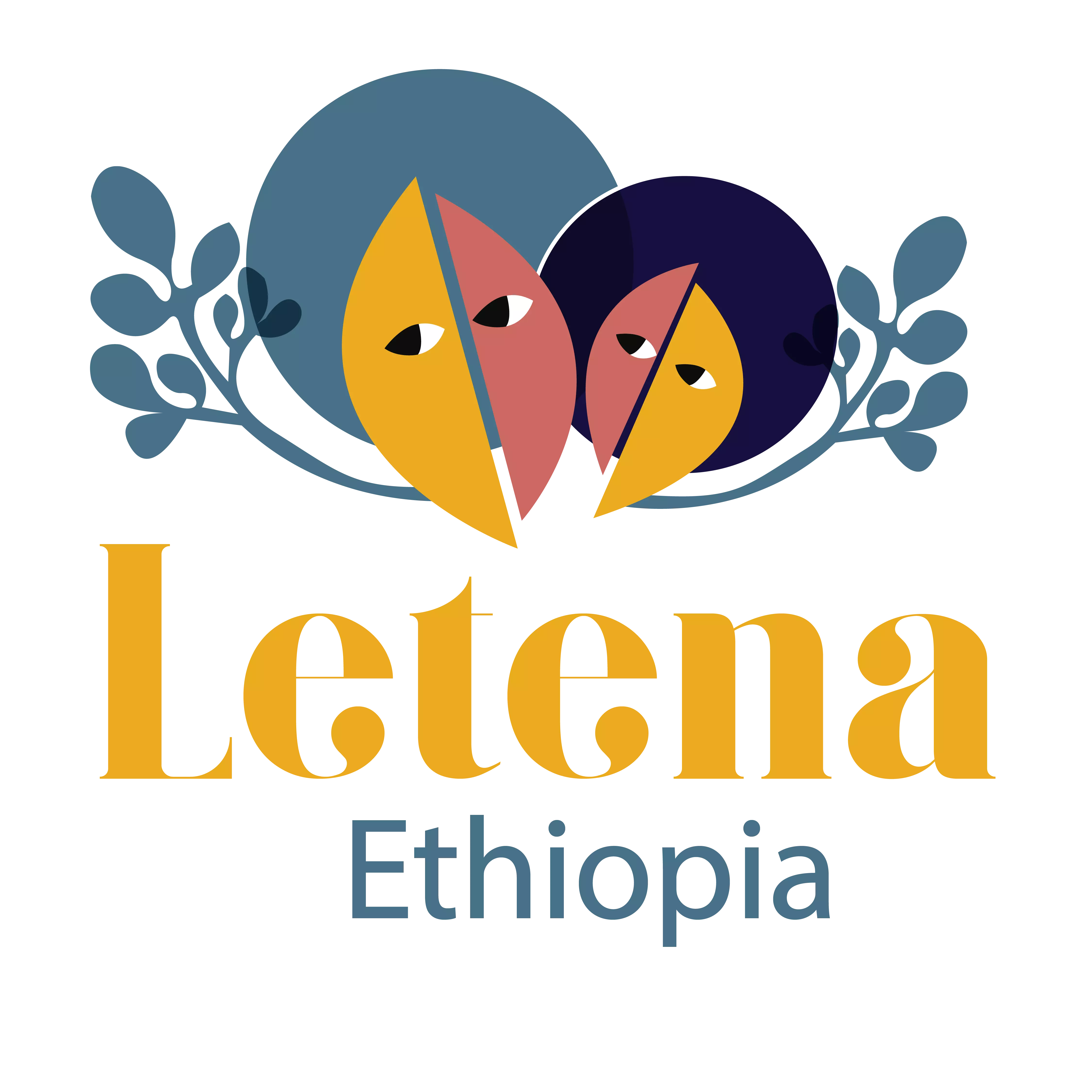My name is Tsehay. I am a 45-year-old married woman living with my husband in Addis Ababa. My days are simple and familiar, following the rhythm and routine I have grown used to. Most mornings begin the same way: my youngest daughter brews coffee on the charcoal stove while I prepare breakfast. The clinking of cups and quiet conversations fill the room before I head to work, accompanied by the sound of minibuses and the morning rush echoing through the busy city.
I have two daughters, one is 25 and the other is 20. They are truly my world. Watching them grow into strong, thoughtful young women has been my greatest pride and joy.
Lately, however, I feel that the happy life I have built for myself is beginning to come undone. There is a heaviness that follows me through the morning and into the day. The rhythm I once relied on is quietly being replaced by worry I try to ignore but cannot.
It began a few months ago while I was bathing. I felt a small lump in my right breast. It was not painful, so I did not give it much thought at first. But over time, the lump grew larger, and my nipple began to pull inward. That was when I started to fear the worst. Out of curiosity and fear, I looked up information online and read that some of these changes could be signs of breast cancer. My heart sank, and I could not sleep that night.
The next morning, I gathered my courage and went to my local health center, where I was referred to Black Lion Hospital. The doctor examined me carefully and spoke with calm reassurance. She told me that not every breast lump is cancer and that some can be harmless. She also explained that checking early makes all the difference. The doctor described the warning signs I should look out for, especially as I get older, such as changes in the size or shape of the breast, dimpling of the skin, nipple discharge, or new pain that does not go away.
She also taught me how to examine myself at home, showing me how to use my fingertips in circular motions and to check both breasts and underarms at the same time every month. As she spoke, I realized how much I did not know about my own body and how easily ignoring it could have done more harm than good. I also thought about my daughters when the doctor mentioned how important family history can be for early detection. “Is there anyone in my family with breast or ovarian cancer? Could my daughters face this in the future?” I wondered.
After counseling and examination, she told me that I would need a few tests to know for sure. Waiting for the results was one of the hardest experiences of my life. Every day felt longer, filled with thoughts I could not push away. I went through many “what ifs.” But in that waiting period, I reminded myself that facing the truth, whatever it might be, is better than living in fear of the unknown.
Eventually, I found the courage to talk to my husband and, most importantly, to my daughters. They needed to know how much I loved them and that I needed their support to get through this.
Now I am still following up with my doctors and taking things one step at a time. I am learning that caring for myself is not selfish but necessary.
To all women reading this: listen to your body. Do not wait for pain to tell you that something is wrong. A small change may be your body’s quiet cry for help. Early care saves lives.
Disclaimer: This story is a work of fiction. Names, characters, and places are used for illustrative purposes only and do not represent real people or events.
Writer : Kidus Solomon
